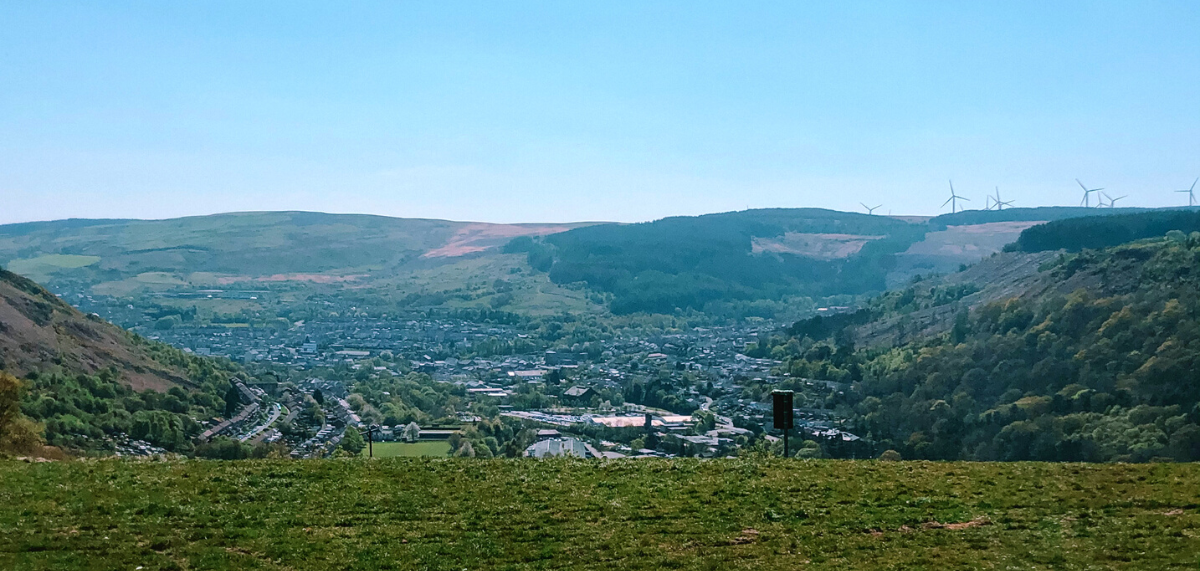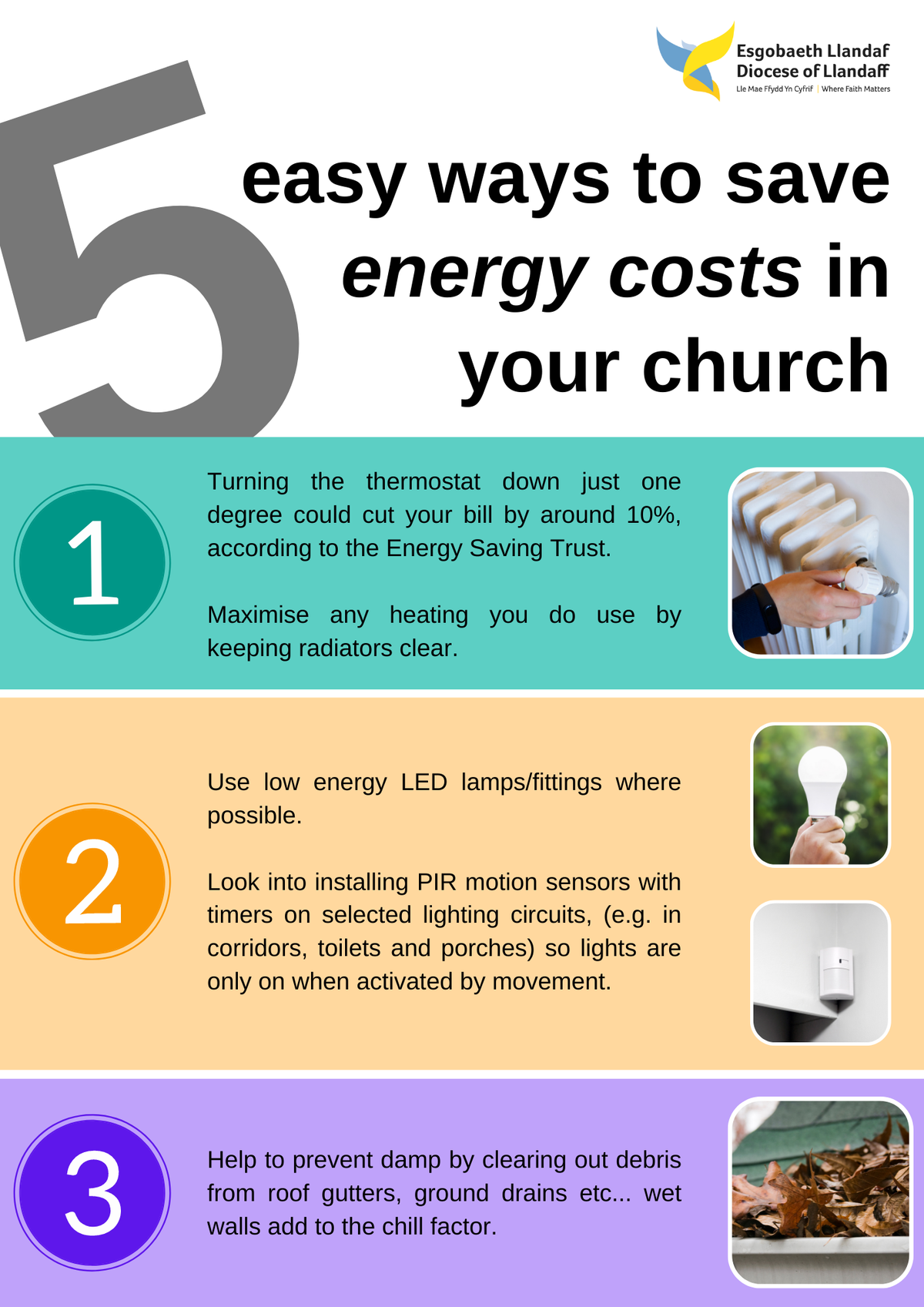The Eco Christian and The Cost-of-Living
The Diocesan Eco Group Lead, the Reverend Gavin Douglas, writes about the importance of Christians acting on climate change while balancing the daily struggles of the cost-of-living crisis.

The UK is experiencing damaging climate change ranging from damaging floods to extreme drought. Lost or reduced forage and crop yields have raised already high food prices caused by the Ukraine conflict. However, while many are suffering from food and fuel poverty, it is helpful to have a global perspective.
Forget about making poverty history. Climate change will make poverty permanent.Christian Aid
The World Health Organisation’s October 2022 report stated, “Between 2030 and 2050, climate change is expected to cause approximately 250,000 additional deaths per year from malnutrition, malaria, diarrhoea and heat stress alone. The direct damage costs to health are estimated to be between US$ 2–4 billion (~£1.75b – £3.5b) per year by 2030. Areas with weak health infrastructure – mostly in developing countries – will be the least able to cope without assistance to prepare and respond.”

Christian discipleship includes feeding the hungry and helping the homeless (Matthew 25:35) but the challenge in 2022 is more complex. As Christian disciples how should we live to mitigate or halt the pending ecological disaster? We must tread upon the earth lightly by flying less, buying less, driving less, and using less energy.
The Cost-of-Living Crisis has imposed that upon us. It’s also highlighted our reliance on imported gas, not only for domestic heating and cooking, but for 22% of our national electricity production.
But how to respond?
Of our direct carbon footprint 43% is produced through lighting and heating our homes. Three 5ths of this is gobbled up by space heating, one 5th by water heating and one 5th by cooking, lights and appliances.
Staying warm is paramount especially for the elderly and very young. First, eliminate draughts to conserve heat by better insulation. Insulation grants may be forthcoming but in the short-term try and reduce draughts around eaves and loft hatches. Stop up gaps around doors and windows and use curtains to reduce heat loss through windows. Cheap secondary glazing using plastic glazing and adhesive tape is available from well-known DIY stores. LED bulbs will save energy immediately, albeit more expensive to buy.

We can further reduce heating costs by turning down radiators and switching off in rooms not in use. Don’t forget to bleed the air out of radiators. You can probably reduce the default thermostat setting on your hot water tank by a few degrees and we can do the same on your combi-boiler (UK recommendation is 60-65 degrees (still hot enough to kill harmful bacteria)). Even better is reducing the gas flow on your boiler. It will take longer to heat up but uses less gas (check the instructions on your boiler). Cooking is expensive especially using the oven; slow cookers, microwave ovens and air fryers all use less energy and can be up to 50% cheaper.
There is also help and advice out there from Warm Wales, Christians Against Poverty and the Fuel Bank Foundation which helps people in crisis on pre-payment meters. For those who are better off, do switch to a green energy supplier. And why not donate your energy rebate or Winter Fuel Allowance to these or other charities?
For I was hungry and you gave me something to eat, I was thirsty and you gave me something to drink, I was a stranger and you invited me inMatthew 25:35
Finally, be an activist. Campaign for Green Energy and transport and an end to fossil fuels and hold our elected representatives to account.
